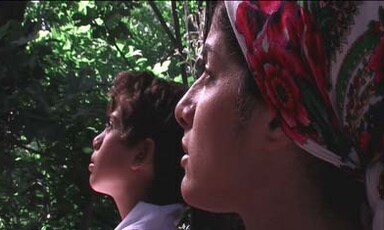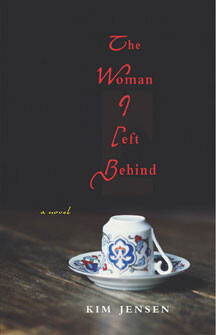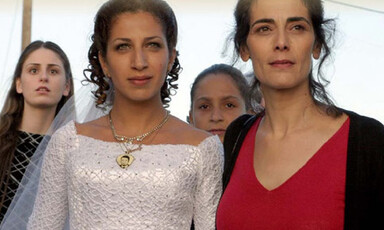
Film Review: "Last Supper (Abu Dis)"
19 May 2006
Issa Freij and Nicolas Wadimoff’s documentary Last Supper (Abu Dis) examines a Palestinian village on the outskirts of Jerusalem that is slowly being enclosed by the Israeli apartheid wall. The twenty-six minute film exposes the violations of human rights that are resulting from the supposed “security” measurements the Israeli government has taken over the past six years. As the wall expands, Palestinians continue to be cut off from their communities, land, farms, families and social infrastructures. Read more about Film Review: "Last Supper (Abu Dis)"


















